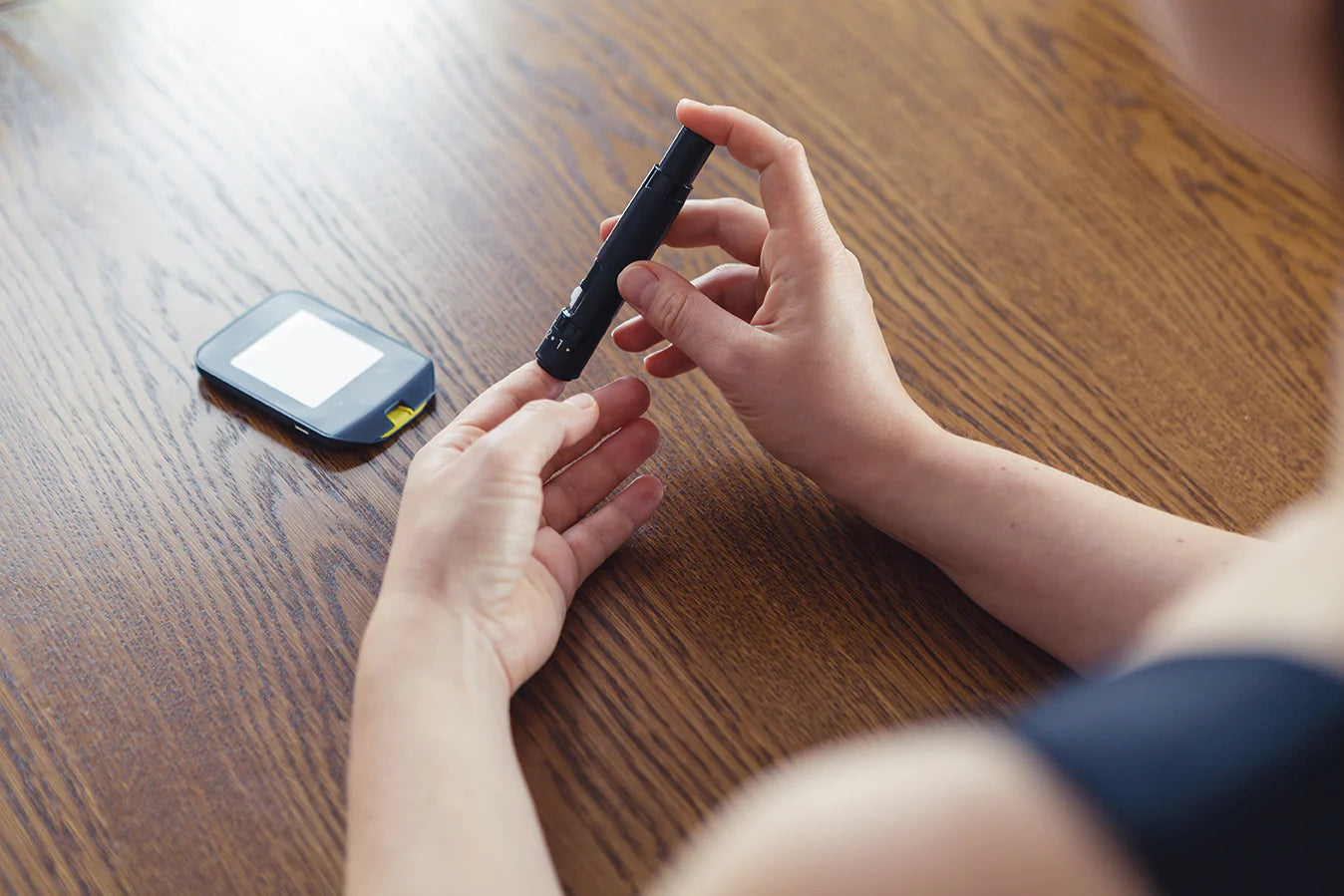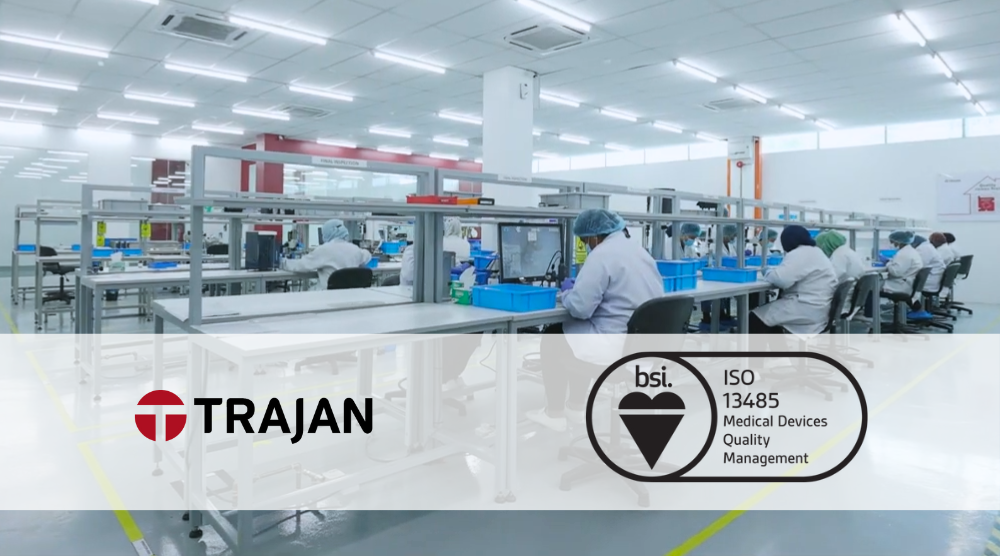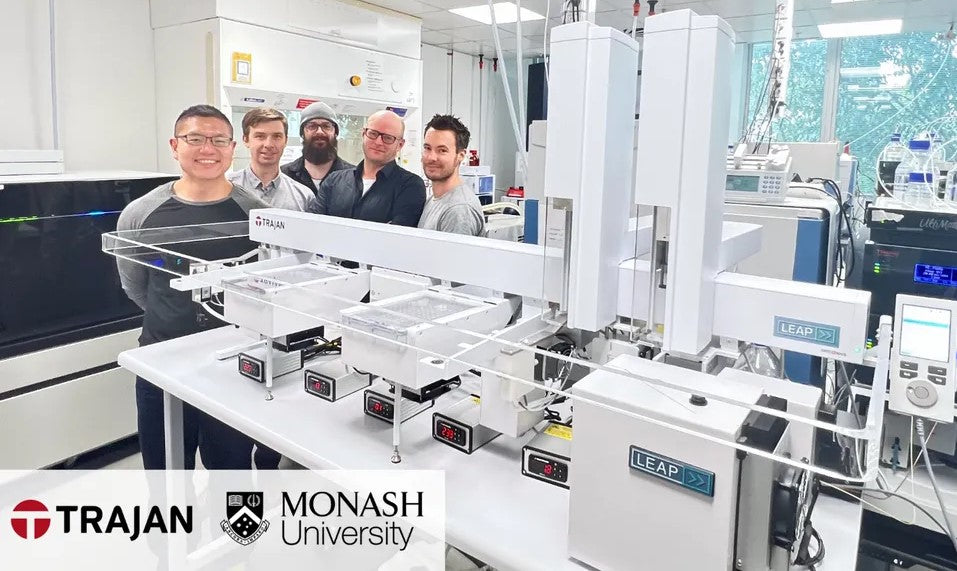Opinion piece
Over 50% of Australians live with a chronic illness, and 24% have two or more. To manage cardiovascular disease, diabetes and kidney failure costs 34% of the healthcare budget.
Those most at risk from COVID-19, should stay-at-home.
Medicare-subsidized telehealth consultations, and no-cost home delivery of medicines are available. But the fear of contracting COVID-19 appears to be greater than the fear of not managing existing medical conditions. A two-legged stool doesn’t stand-up. Patients have stopped seeing their GPs.
The implication? A second wave healthcare crisis?
As those with chronic conditions deteriorate, it will need 10-12 times the cost. And take up hospital and ICU beds required for COVID-19 management.
Pathology testing plays a critical role in diagnosing and managing healthcare conditions. Hospital based pathology testing has declined 20-30% in recent weeks. Where a patient needs to visit a central pathology service to have blood drawn has declined 40%.
This decline is expected to continue ~10% per week according to Pathology Technology Australia. Last week pathology provider Australian Clinical Laboratories announced the loss of 300 jobs, with 200 more to come.
The industry has already undergone consolidation to reduce costs. SA Pathology, currently leading the world in COVID-19 testing, is an example. Cost-saving initiatives must be implemented or risk privatization.
We cannot afford the consequences of a financially unstable or depleted pathology sector.
An immunocompromised cancer-survivor shared their challenges of leaving the house. At-home weekly immunoglobulin transfusions are possible and telehealth consults. But they had to travel to have blood drawn for monitoring their condition. It could be fatal.
Is the answer enabling blood sampling to be undertaken in the home?
Blood sampling is not cost-effective under the current model.

A trained phlebotomist collects the blood, then the sample needs rapid, cold transport to a laboratory.

Blood microsampling technology has been evolving over the past few years. Designed to cut the need for central pathology collection centers and trained phlebotomists. It enables the collection of very small, accurate blood samples in the home. Often using a fingerprick - like diabetics monitor blood glucose in the home.

Trajan Scientific and Medical's hemaPEN® is an example of a microsampling device based on dried blood spot (DBS) technology. The dried storage format enables shipping by regular mail. The volumetric accuracy and precision enables quantitative analysis from 3 μL (0.003 mL) of blood.
There is a growing scientific evidence that standard pathology tests can be performed on dried blood spots; as well as clinical relevance of results between dried blood spots and traditional samples. Blood counts are still a limitation.
Microsampling has been adopted in areas difficult to serve by pathology. Clinical trials and therapeutic drug monitoring are examples that need;
- at-home sampling
- quantitative laboratory analysis.
Established systems and infrastructure have limited the adoption of microsampling for standard pathology.
Is now the time to invest in change?
Government and healthcare need to support chronically ill patients, and the vulnerable in our society, with at-home care. Microsampling is the third leg, that alongside telehealth consultations and medication delivery, enables a completely remote solution. A three-legged stool stands firm.
Pathology needs to re-engage with their customers and have the capacity to implement new systems.
This is also an opportunity to invest and upskill in mass spectrometry technology. Instrument advances and the power of data analysis enable more data from a smaller sample. More than 600 metabolites, lipids and exogeneous materials have been identified from a ~3 μL blood sample collected by hemaPEN.
This provides a window into human health status not available with current pathology. Mass spectrometry is advancing across clinical research. It will be a routine capability in pathology of the future.
As the Australian Prime Minister said, it is about “Saving lives, saving livelihoods, and investing to enable us to bounce back quickly”.
Trajan Scientific and Medical is a global company, headquartered in Melbourne, Australia, that designs, automates and delivers devices that enhance scientific measurement. (www.trajanscimed.com)
hemaPEN® (www.hemapen.com) is a blood microsampling device listed on the Australian Register of Therapeutic Goods (ARTG) as a Class I IVD. ARTG number: 280007
References
Whiting, D. (2020) 'COVID-19 - Avoiding the Second Tsunami of Healthcare Challenges', Pathology Technology Australia.
LaFrenz, C. (2020) 'Pathology sector seeks funding as stand downs begin', Australian Financial Review, 2 April.
Hallam, M., Ulmer, CZ, Yates, J., Chace, D., Nemes, P. (2020) 'Mass Spec at the Analytical - Clinical Interface. The fight against disease is in no way an easy one - could the power of mass spectra prove to be mankind's secret weapon?' Fields & Applications, The Analytical Scientist.
Trajan Scientific and Medical (2020), Brochure - hemaPEN.
Trajan Scientific and Medical, internal data.
 Related news
Related news
Trajan’s hemaPEN included on TGA’s ARTG as first blood microsampling device for use in Australia
More information
www.hemapen.com
Media contact information
Trajan Scientific and Medical
Tel: +44 (0) 1908 568 844
media@trajanscimed.com



